Hey there, my young and curious friends of 2024! It’s your favorite nutrition explorer, Nita Sharda, here to take you on an exciting journey into the world of nutrition for muscle building and recovery. Now, I know what you might be thinking – “Muscle building? Isn’t that just for bodybuilders and athletes?” But trust me, understanding how the foods we eat can support our strength, growth, and recovery is important for everyone, no matter what our fitness goals may be.
Today, we’re going to put on our explorer hats and discover how nutrition can play a powerful role in building and repairing our muscles, and fueling our bodies for all the amazing things we want to do. But before we dive in, let me make one thing clear – this is not about putting anyone on a strict diet or making them feel like they need to look a certain way. It’s simply about empowering you with the knowledge and tools to make food choices that support your health, strength, and overall wellbeing.
So, are you ready to join me on this muscle-building nutrition adventure? Let’s go!
Why is Nutrition Important for Muscle Building and Recovery?
First things first, let’s talk about why nutrition is so important when it comes to building and repairing our muscles. Our muscles are made up of thousands of tiny fibers that work together to help us move, lift, and do all the amazing things our bodies are capable of. But every time we exercise or put stress on our muscles, we create tiny tears in those fibers that need to be repaired in order for our muscles to grow stronger.
That’s where nutrition comes in. The foods we eat provide our bodies with the building blocks they need to repair and rebuild those muscle fibers, as well as the energy we need to power through our workouts and daily activities. Without proper nutrition, our muscles can’t recover and grow as effectively, and we may feel tired, weak, or even injured.
But don’t worry – fueling our muscles doesn’t have to be complicated or involve any fancy supplements or special diets. By focusing on whole, nutrient-dense foods and paying attention to a few key nutrients, we can give our bodies everything they need to build and maintain strong, healthy muscles.
The Key Nutrients for Muscle Building and Recovery
So, what are the key nutrients we need to focus on for muscle building and recovery? Let’s take a closer look.
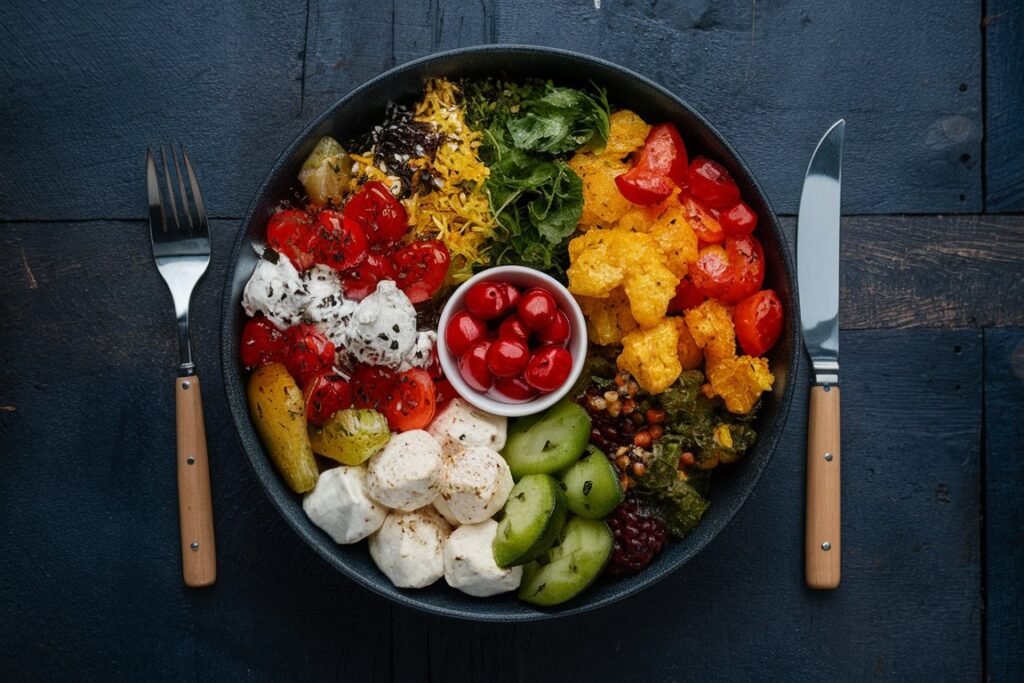
Protein
Protein is the most important nutrient when it comes to building and repairing muscle tissue. Our muscles are made up of protein, and when we exercise, we break down that protein and need to replace it in order to help our muscles recover and grow.
Good sources of protein include:
- Lean meats like chicken, turkey, and fish
- Eggs
- Dairy products like milk, yogurt, and cottage cheese
- Plant-based sources like beans, lentils, tofu, and tempeh
Aim to include a source of protein at every meal and snack, and try to spread your protein intake throughout the day rather than eating it all at once. This can help keep your muscles fueled and ready to grow!
Carbohydrates
Carbohydrates are another important nutrient for muscle building and recovery. They provide our bodies with the energy we need to power through our workouts and daily activities, and they also help replenish the glycogen stores in our muscles that get depleted during exercise.
Good sources of carbohydrates include:
- Whole grains like brown rice, quinoa, and whole wheat bread
- Starchy vegetables like sweet potatoes and squash
- Fruits like berries, bananas, and oranges
Aim to include a source of carbohydrates at every meal, and don’t be afraid to eat more carbs on days when you’re doing more intense exercise. Just be sure to choose whole, minimally processed sources of carbs rather than sugary snacks or drinks.
Healthy Fats
Healthy fats are often overlooked when it comes to muscle building and recovery, but they play an important role in supporting our overall health and fitness. Fats help our bodies absorb important vitamins and minerals, and they also provide a slow-burning source of energy that can help us feel full and satisfied.
Good sources of healthy fats include:
- Avocados
- Nuts and seeds like almonds, walnuts, and chia seeds
- Olive oil and other plant-based oils
- Fatty fish like salmon and sardines
Aim to include a source of healthy fats at every meal, but be mindful of portion sizes since fats are more calorie-dense than protein and carbs.
Vitamins and Minerals
Finally, don’t forget about the importance of vitamins and minerals in supporting muscle building and recovery. These micronutrients play important roles in everything from energy production to muscle contraction to immune function.
Some key vitamins and minerals to focus on include:
- Vitamin D: Helps regulate calcium absorption and supports bone health
- Iron: Helps transport oxygen to our muscles and supports energy production
- Calcium: Helps with muscle contraction and supports bone health
- Magnesium: Helps with muscle relaxation and supports energy production
Aim to include a variety of colorful fruits and vegetables, as well as whole grains, lean proteins, and healthy fats, to ensure you’re getting a wide range of vitamins and minerals in your diet.
Putting It All Together: A Muscle-Building Meal Plan
So, what does a muscle-building meal plan actually look like? Here’s an example of what a day of eating might look like for someone looking to support their strength and recovery:
Breakfast
- Scrambled eggs with spinach and whole grain toast
- Greek yogurt with berries and a sprinkle of nuts
Snack
- Apple slices with almond butter
Lunch
- Grilled chicken breast with sweet potato and broccoli
- Side salad with mixed greens, cherry tomatoes, and avocado
Snack
- Protein smoothie with banana, almond milk, and a scoop of protein powder
Dinner
- Baked salmon with quinoa and roasted vegetables
- Side of brown rice
Snack
- Cottage cheese with sliced peaches
Remember, this is just an example and everyone’s nutritional needs and preferences will be different. The key is to focus on whole, nutrient-dense foods and to pay attention to your hunger and fullness cues to ensure you’re getting enough fuel for your muscles without overeating.
Tips for Optimizing Muscle Building and Recovery
In addition to focusing on the key nutrients we discussed earlier, there are a few other tips and tricks you can use to optimize your muscle building and recovery:
- Stay hydrated. Drinking enough water is important for overall health and can also help support muscle function and recovery. Aim for at least 8-10 glasses of water per day, and more if you’re exercising heavily or in a hot environment.
- Get enough sleep. Sleep is crucial for muscle recovery and growth, as well as overall health and wellbeing. Aim for 7-9 hours of quality sleep per night, and try to establish a consistent sleep schedule.
- Don’t skip meals. Eating regular, balanced meals throughout the day can help ensure your muscles are getting a steady supply of nutrients and energy. Skipping meals or going too long without eating can lead to muscle breakdown and hinder your recovery.
- Listen to your body. Everyone’s nutritional needs and preferences will be different, so it’s important to pay attention to how your body feels and responds to different foods and eating patterns. If you’re feeling tired, weak, or not seeing the results you want, it may be a sign that you need to adjust your nutrition or training plan.
The Bottom Line
Wow, we covered a lot of ground today! But I hope this gives you a better understanding of how nutrition can play a powerful role in building and repairing our muscles, and fueling our bodies for all the amazing things we want to do.
Remember, building strong, healthy muscles doesn’t have to be complicated or involve any fancy supplements or special diets. By focusing on whole, nutrient-dense foods and paying attention to a few key nutrients like protein, carbohydrates, and healthy fats, we can give our bodies everything they need to grow and thrive.
If you’re interested in using nutrition to support your muscle building and recovery goals, start by making small changes to your diet and paying attention to how your body responds. And most importantly, have fun with it! Eating should be a joyful and nourishing experience, not a source of stress or restriction.
Thanks for joining me on this muscle-building nutrition adventure, my young and amazing friends. Until next time, keep exploring, keep learning, and keep fueling your body and mind with the good stuff. And if you ever have any questions or need some extra support on your nutrition and fitness journey, don’t hesitate to reach out – I’m always here to help!




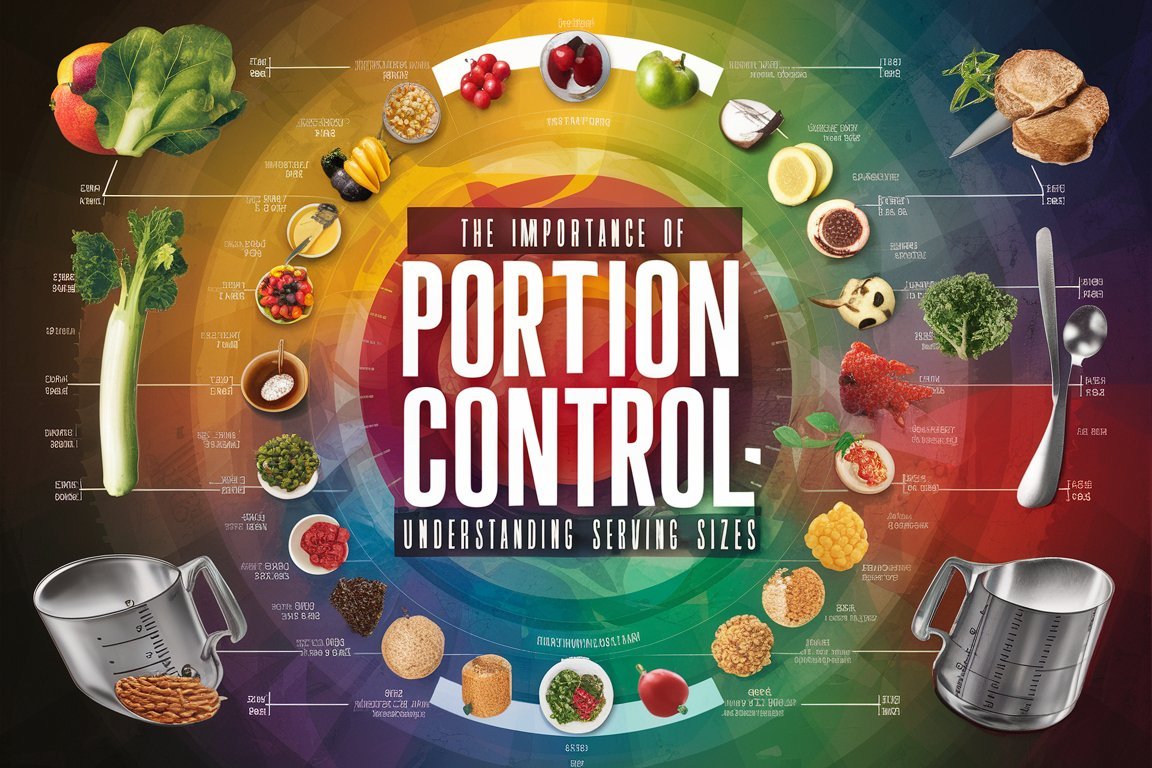
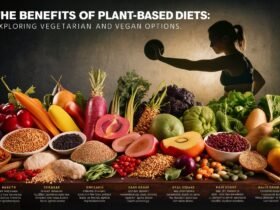



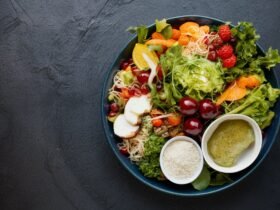
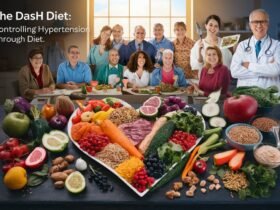
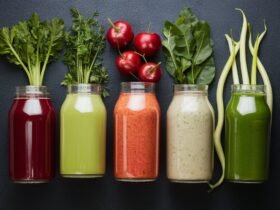
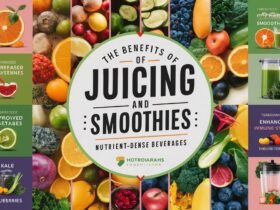
Leave a Reply